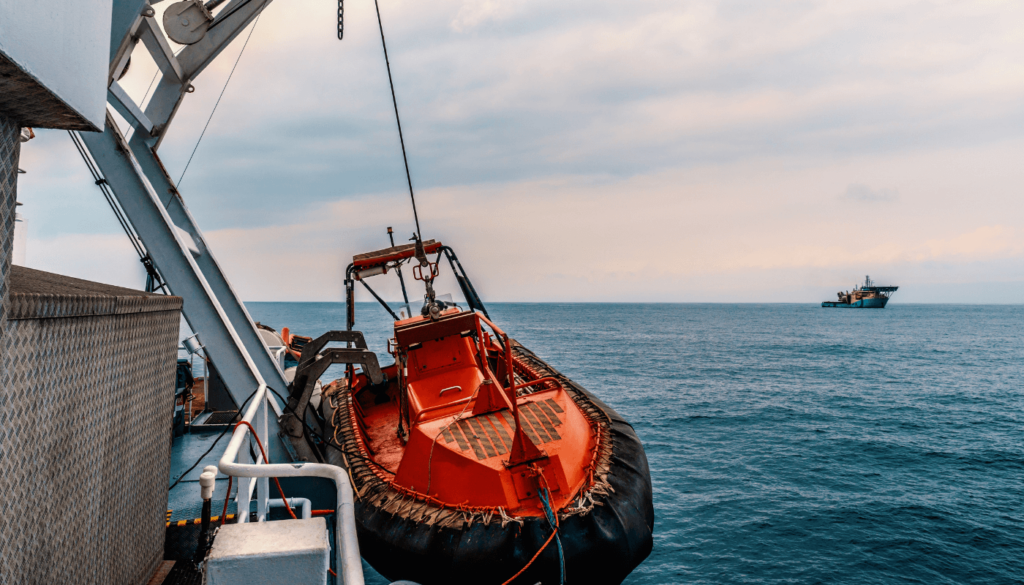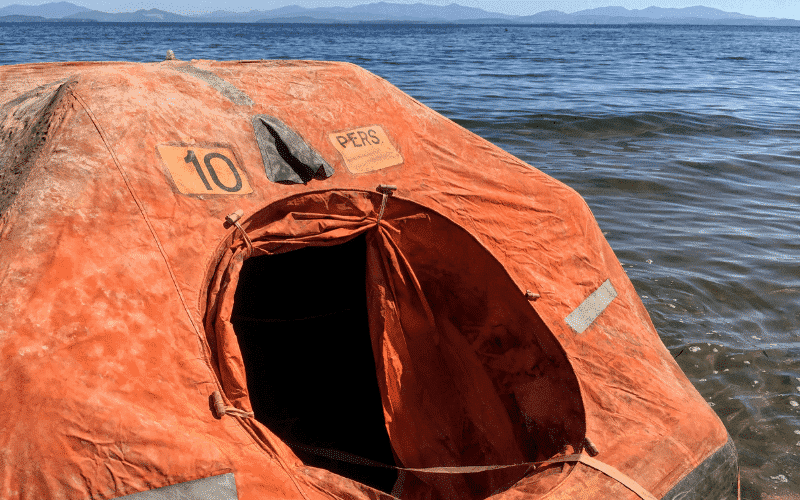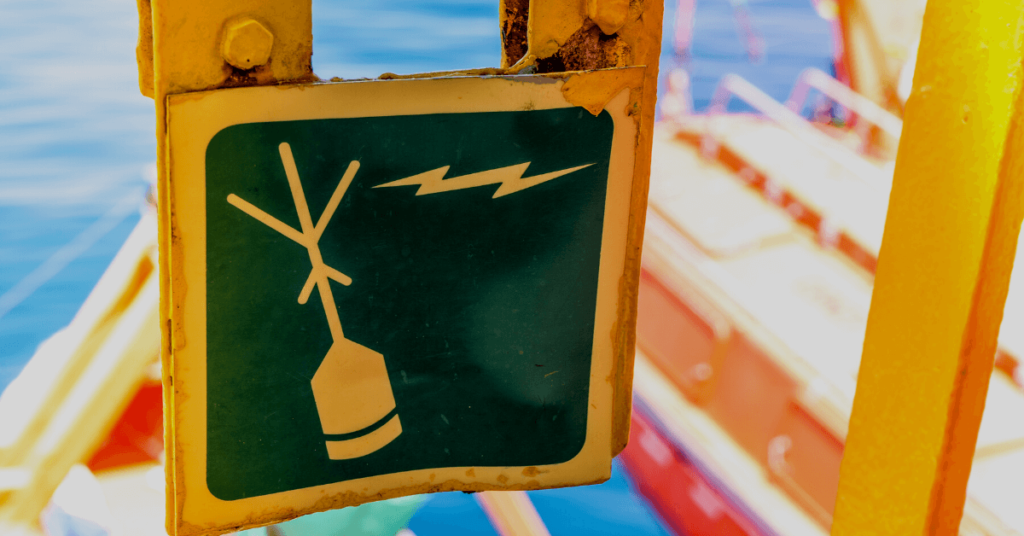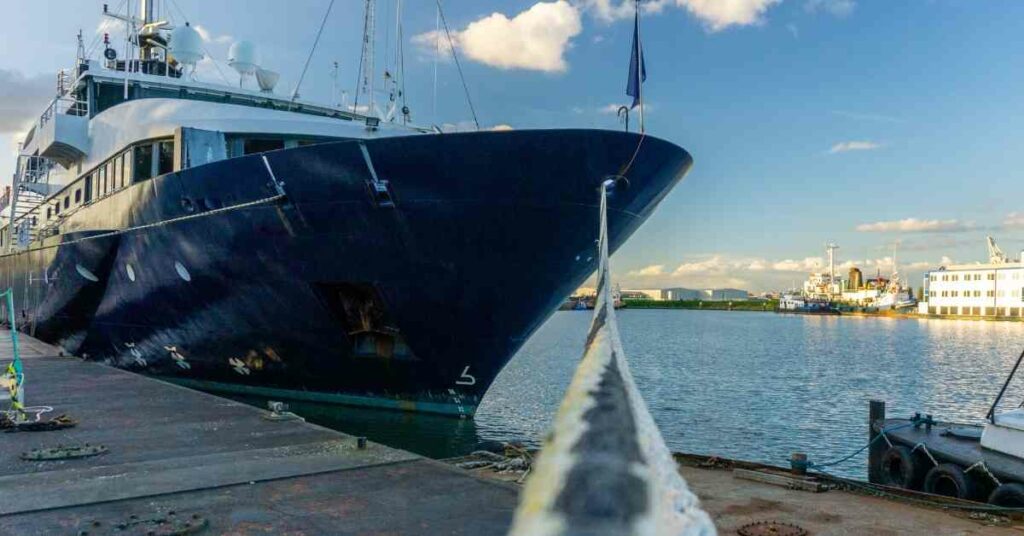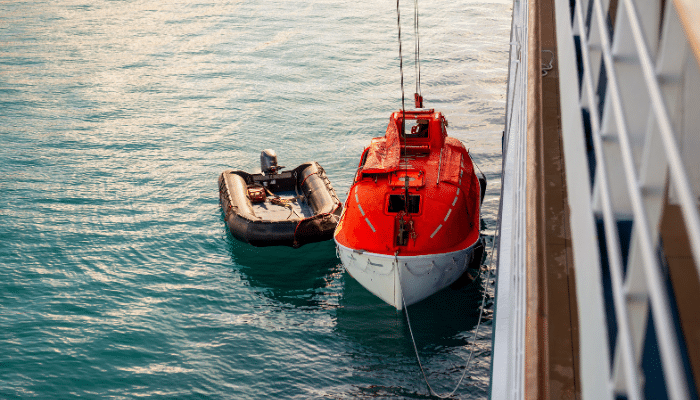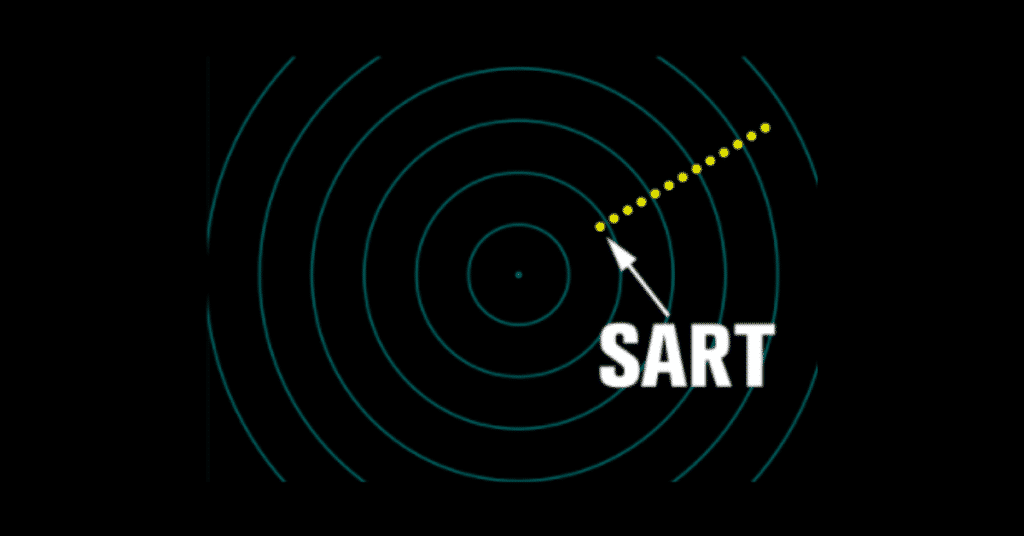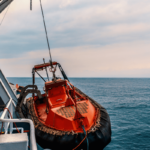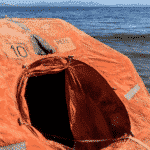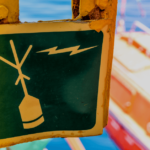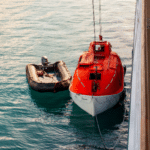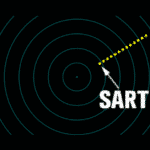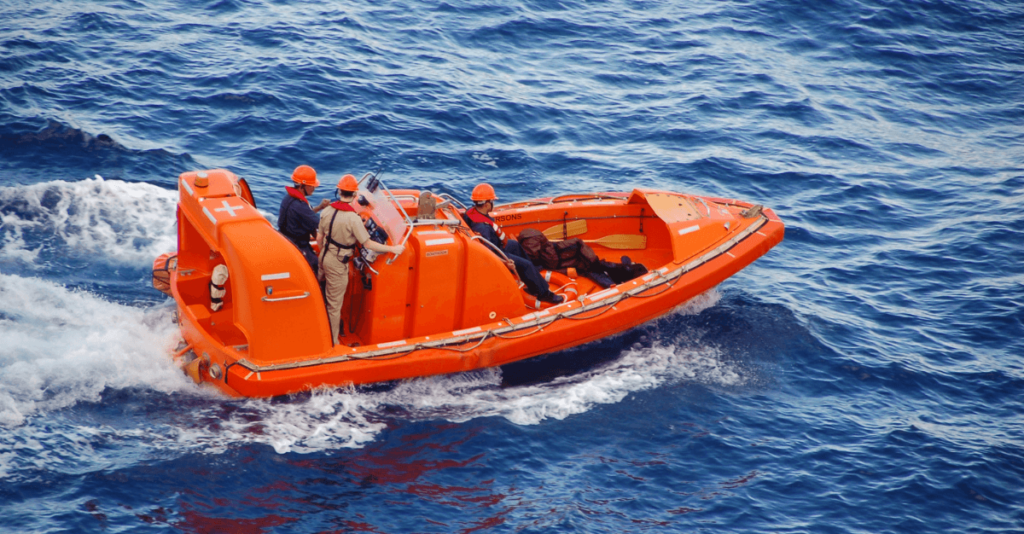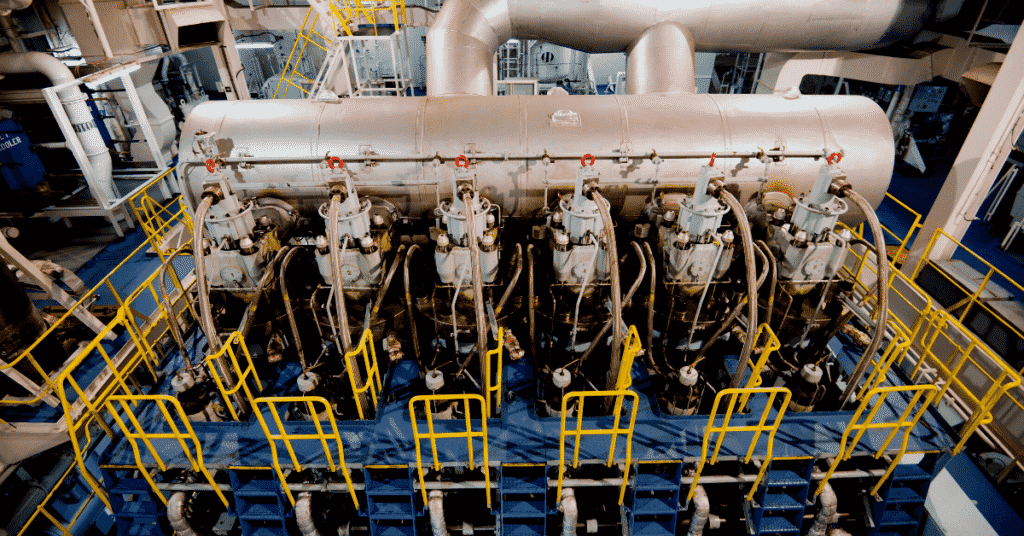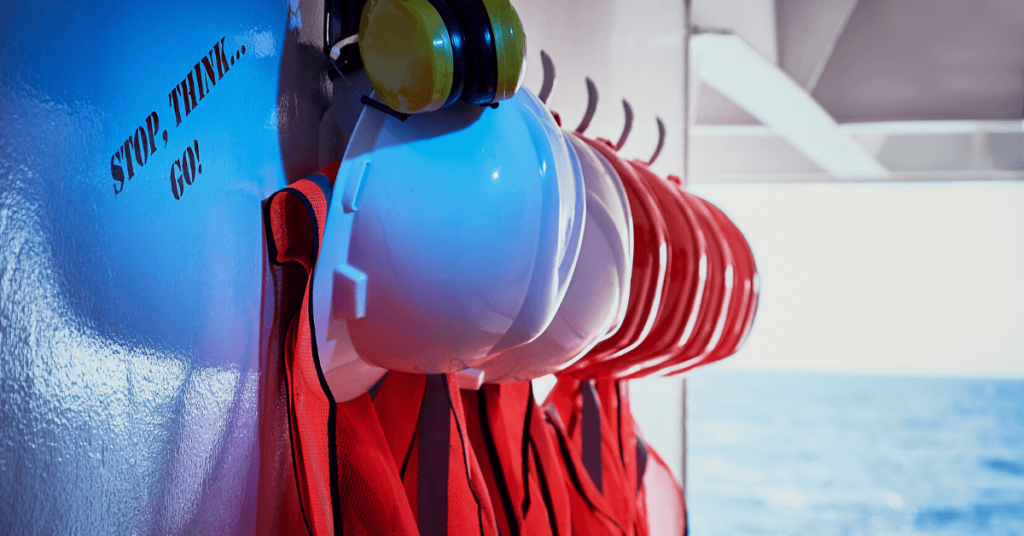Why Does a Vessel Sinks?
A ship or a vessel will not sink unless and until there is some major hazard / mishap on board. Though a vessel is built as per the stringent rules and regulations of classification societies, which allow no compromise on the construction and safety issues, there are still 101 ways which can make a vessel sink.
There are several reasons which may lead to a vessel to sink; however the main ones are human error, natural calamities (harsh environment, sea), accidents or collision, and some important precautions missed by the ship’s staff. A vessel sinks because of one of these factors or a combination of two or more.
Understanding the Reasons for Sinking of Vessel
Human errors leading to the sinking of a vessel are usually related to navigation issues. However, engine room accidents such as engine failure, explosion, fire etc. have also been one of the reasons. When it comes to navigation, misunderstanding between ships regarding navigational issues and failure in following international regulations are the two main reasons for accidents. These reasons can lead to collision of ships, resulting into sinking of one or both the vessels. Apart from this, navigational errors might also lead to grounding of ship in shallow waters, damaging the ship’s bottom and allowing water to enter the ship.
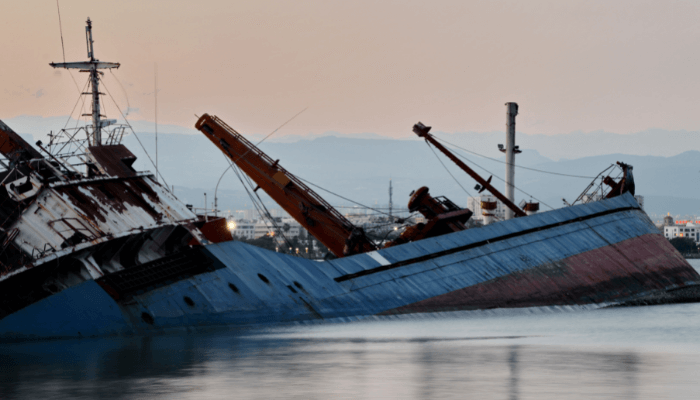
Natural phenomenon such as rough winds and monstrous waves can also disturb the ship’s stability and cause the vessel to sink. Winds and waves greatly affect those vessels which have a large area such as RORO ships and container vessels.These might make the maneuverability difficult, resulting into ship collision.
If the waves are larger than the length of the ship, the heavy rolling and pitching creates an up thrust in the central part of the ship, which might result in the ship to crack from the centre.
Precautions Against Vessel Sinking or Capsizing
Free surface effect
When the tanks of the ship are half full, the rolling and pitching of the ship, make the liquid inside the tanks to moves towards the motion of the ship and tend to exaggerate the same. This effect is known as free surface effect.
For this reason it is important that tanks are either full or divided by longitudinal bulkheads which reduce the effect of free surface and help in preventing the sinking of the vessel. The free surface can also take place on the deck due to the accumulation of water on the deck and when there is no arrangement for removing this water or the drain holes have been plugged by the ship staff. This can endanger the ships stability to a great extent.
Shifting of cargo
Cargo shifting can also result in heavy listing which may increase the rolling of the ship and the vessel may sink if the deck immersion takes place. Thus, cargo should be properly secured in case of container vessels. In bulk carriers, the cargo should be properly arranged with the help of special plates which are inserted in the cargo to prevent shifting.
Nature of Cargo
This point is only to be considered for bulk carriers. There are some cargos which are hydroscopic in nature, which means that the cargo absorbs moisture from the atmosphere. When the cargo moisture increases above the safe limit, the cargo behaves like liquid, which gives free surface effect. It is therefore important to monitor and maintain the moisture content as required.
Synchronous Rolling
Every vessel has a natural rolling period. Therefore, if the vessel encounters a series of swell in such a manner that the wave period matches the rolling period of the ship then in such condition the ship will have no time for making itself straight or right. If this situation is not corrected then the vessel can sink. The speed and direction of vessel may be monitored and altered as necessary so as to avoid synchronous rolling.
Ice formation
Ice formation results in addition of mass and behaves same as that of shifting of cargo. So it is important to avoid ice formation on the deck and all sea water and fresh water lines to be drained off to prevent any damage.
Do you know other ways that make vessel sinks?
Do you have info to share with us ? Suggest a correction
Latest Ship Safety Articles You Would Like:
Subscribe To Our Newsletters
By subscribing, you agree to our Privacy Policy and may receive occasional deal communications; you can unsubscribe anytime.



